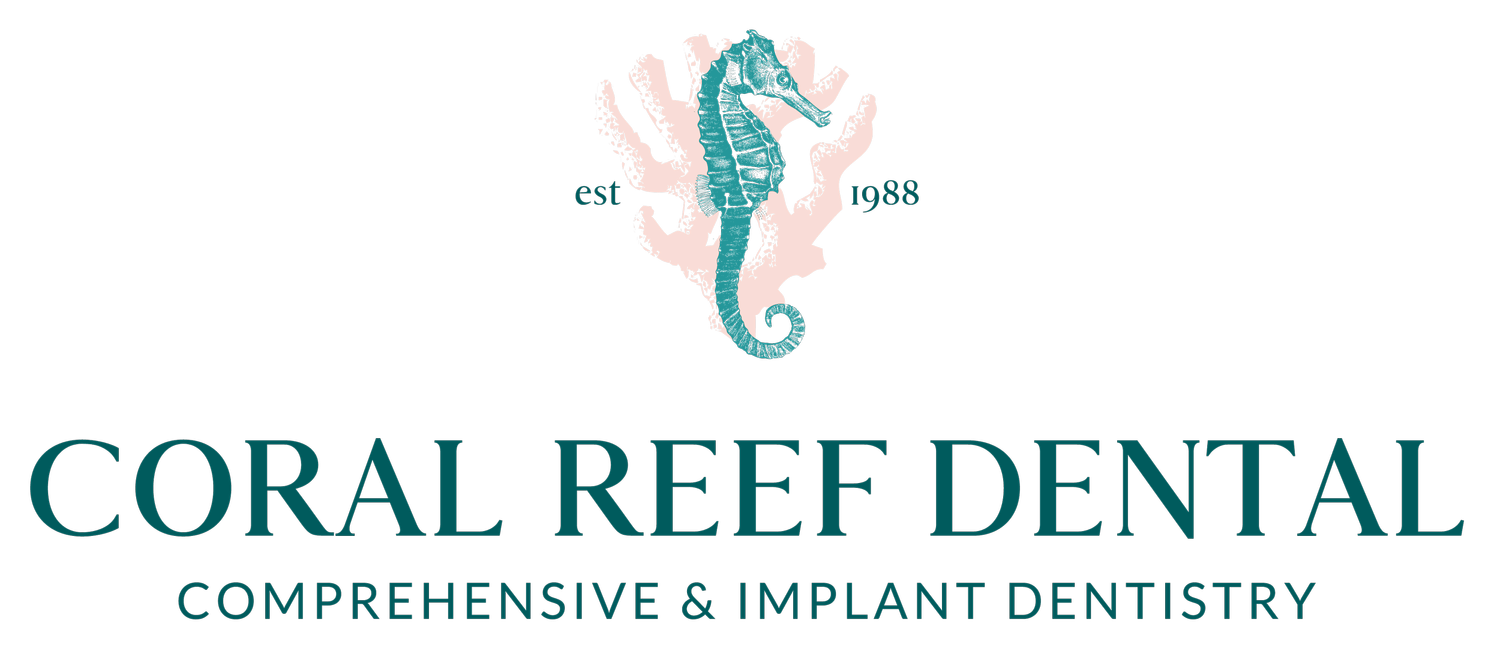Preventive Dental Care: What It Is and Why You Need It
Many people find that their dental health declines with age. However, preventive dental care can help you avoid tooth decay and maintain optimal oral fitness. There’s a good chance you’re already taking many necessary steps to keep your mouth in good shape, but we’re here to offer a complete guide to preventive dental care so your smile can shine bright!
What is preventive dental care?
Preventive dental care includes any practices that help you avoid tooth decay, gum disease, and other oral health issues. Here’s a closer look.
What services are considered preventive dental care?
Preventive dental care practices range from at-home techniques to regular visits with your dentist. They include your daily brushing and flossing habits as well as routine teeth cleanings, X-rays, and examinations with your dental professional.
What is the average cost of preventive dental care?
It’s hard to put a price on preventive dental care because the scope is extensive. For example, each patient plays a role in their own oral hygiene by brushing and flossing twice a day, using a mouthwash containing fluoride, and choosing healthy foods that deter tooth decay.
On the other hand, the price of bi-annual cleanings will vary based on your location and whether or not you have dental insurance. That said, you can expect the cost of cash-pay services to range between $100 and $300.
What kind of dentist offers preventive dental care?
Both general and pediatric dentists offer preventive dentistry services like cleanings, X-rays, and thorough inspections.
Importance of preventive dental care
There are plenty of reasons to develop good oral hygiene habits and maintain a regular schedule of dentist visits. Here are a few issues you can prevent with proper care.
Lowers risk of tooth decay
Preventive dental care can help you avoid tooth decay — and the problems that come along with dental erosion. Tooth loss, periodontal disease, and surgery may be inevitable if you fail to care for your teeth.
Addresses dental concerns early
If your dentist sees an issue with your teeth or gums, they can take action early to halt the progression. For example, they might find small cavities between teeth that they can fix with a filling before it advances to a stage that requires a root canal.
Promotes good oral hygiene
Frequent visits to your dental professional encourage you to take optimal care of your teeth and gums. And, of course, good habits build on themselves. You might find that once you establish a daily cleaning routine for your teeth, you’re more comfortable with those visits to your dentist every six months.
Reduces dental problems
Preventive dental care can help you avoid major issues that require surgical procedures, tooth removal, and prosthetic devices like dentures and implants. By keeping a close eye on your oral health and taking great care of your teeth, you can enjoy a vibrant smile for many years to come.
How often do you need preventive dental care?
Different types of preventive dental care occur at various frequencies. Here’s a brief look at how often you need to take certain steps to maintain the best possible oral health.
Do you need teeth cleanings every six months?
Professional cleanings are done every six months to ensure there are no existing issues. These visits often include X-rays to see what’s happening beneath the surface of your teeth, which can help your dentist get a complete picture of your oral health.
Do you still need teeth cleanings if you brush and floss every day?
Despite brushing and flossing twice a day, plaque and tartar can still build up around your gum line and in crevices you can’t see. Remember, professional cleanings offer a deeper clean than your daily care routine. They also allow you to get ahead of potential issues before they can damage your teeth and gums.
What happens if my dentist finds a problem?
Depending on the issue detected, there are a range of remedies your dentist may offer. In any case, they’ll give you all the medical information you need to decide on a treatment plan, as well as their recommendations for resolving the issue.
For example, if a pediatric dentist notices fissures in a child’s molars, they may suggest a sealant to prevent cavities. On the other hand, a general dentist who finds extreme decay in an X-ray may recommend a root canal to avoid infection and save the tooth.
Schedule your preventive dental care with Coral Reef Dental!
At Coral Reef Dental, we aim to create a welcoming environment for all of our patients. Whether you’re already comfortable visiting every six months or you’re just beginning to think about your oral health, we’re here to help you along your journey!
From preventive dental care to specialized treatments, the professionals at Coral Reef look forward to helping you care for your oral health. Contact us today to get started!


